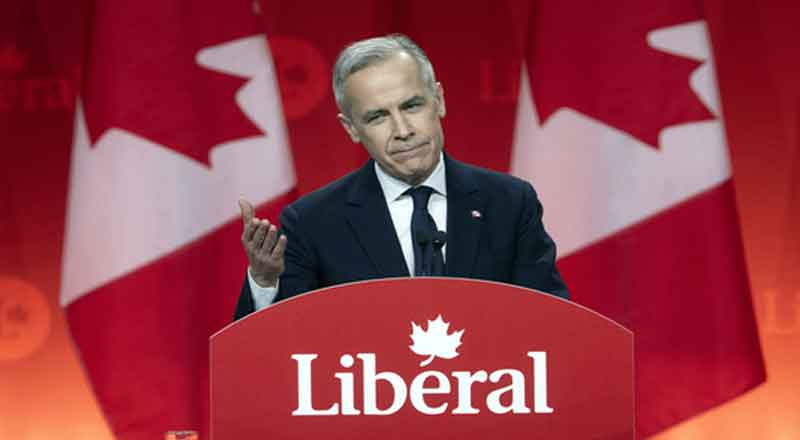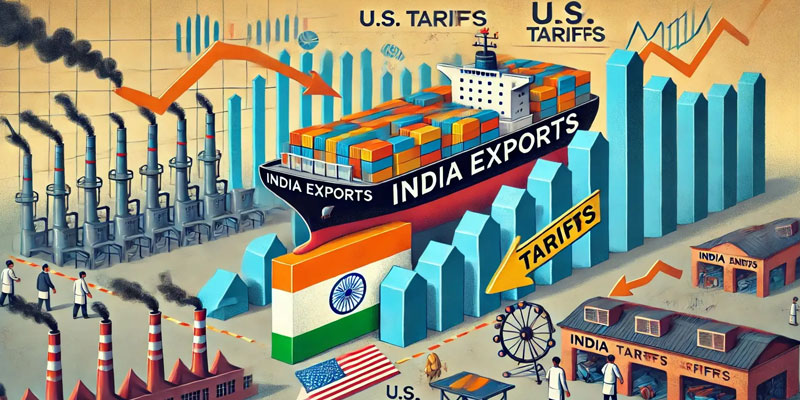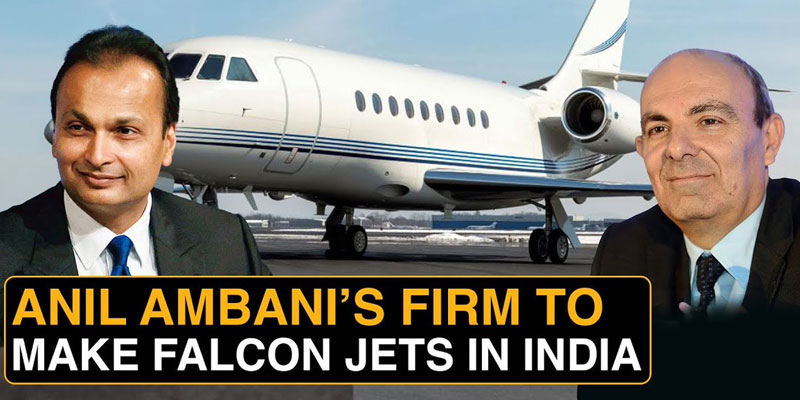Mark Carney’s Liberals Win Federal Election Amid Rising US Influence
Canada’s Liberal Party, led by Prime Minister Mark Carney, has emerged victorious in the federal elections, defeating Conservative challenger Pierre Poilievre. While ballot counting is still underway in some constituencies, early projections confirm that the Liberals will continue to form the government—though whether they will command a majority or lead a minority government for the third consecutive time remains to be seen.
This election marks a significant political moment, not only for Canada’s internal governance but also for its posture on international relations, particularly with the United States. The victory was heavily influenced by public sentiment reacting to recent developments south of the border, most notably the return of Donald Trump to the White House.
Did the White House Influence the Canadian Ballot?
Throughout the campaign, U.S. politics cast a long shadow over Canadian electoral discourse. In his first 100 days back in office, President Trump reintroduced tariffs on Canadian goods and provocatively rekindled the idea of making Canada the “51st state”—moves widely perceived as disrespectful and invasive by Canadian voters. These actions were more than symbolic; they reignited economic anxieties and national identity concerns, directly impacting voter behavior.
Many voters viewed Conservative leader Pierre Poilievre as echoing Trump’s rhetoric. “Poilievre sounds like a mini-Trump,” remarked Reid Warren, a Toronto resident who voted Liberal despite personal economic concerns. Others, like Duncan Garrow, suggested that distancing Canada from the United States was a necessary economic and political step.
Yet not all Canadians were swayed by anti-Trump sentiment. Voters like sisters Laiqa and Mahira Shoaib in Mississauga criticized the Liberals for mismanaging the economy, reflecting a segment of the electorate that remains concerned about domestic governance above foreign affairs.
Strategic Messaging, US Tariffs, and a Divided Electorate
Mark Carney’s campaign carefully leveraged national discontent with U.S. policy. Framing the election as a referendum on Canadian sovereignty and resilience, Carney stated, “We are over the shock of the American betrayal, but we should never forget the lessons.” This framing struck a chord with voters weary of trade disruptions and geopolitical uncertainty.
Although Trump was not on Canada’s ballot, his presence loomed large. His administration’s economic policies, particularly new tariffs and threats of annexation rhetoric, reignited fears of U.S. overreach. In response, Carney positioned himself as a steady, assertive leader ready to defend Canadian interests.
Still, the election exposed deep divisions. While the Liberals secured enough support to continue in power, their hold on a parliamentary majority remains uncertain. A continued minority government would require collaboration with smaller parties like the NDP and Greens, signaling potential legislative gridlock and limited policy agility.
Internationally, Carney’s victory was well received. European Commission President Ursula von der Leyen congratulated him and reaffirmed Europe’s deepening ties with Canada, highlighting shared values on trade, multilateralism, and democracy. “The bond between Europe and Canada is strong—and growing stronger,” she posted.
Defining Canada's Path in a Volatile World
The Liberal win in Canada’s federal election reflects more than a shift in domestic politics—it reveals how deeply interconnected global events now shape national choices. In rejecting rhetoric aligned with Trumpism, Canadian voters signaled a desire for independent leadership grounded in cooperation, stability, and national dignity.
As Prime Minister Carney begins his first full term, he faces the dual challenge of steering Canada through economic pressures while managing an increasingly complex relationship with its southern neighbor. His government must now convert political victory into policy resilience—especially in trade, defense, and environmental commitments.
Looking ahead, Canada stands at a strategic crossroads. With rising global polarization and the return of assertive nationalism abroad, the country must chart a future that preserves its values, protects its economy, and reinforces its role as a principled middle power on the world stage.
(With inputs from agencies)

Business & Economics





















